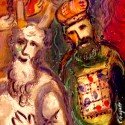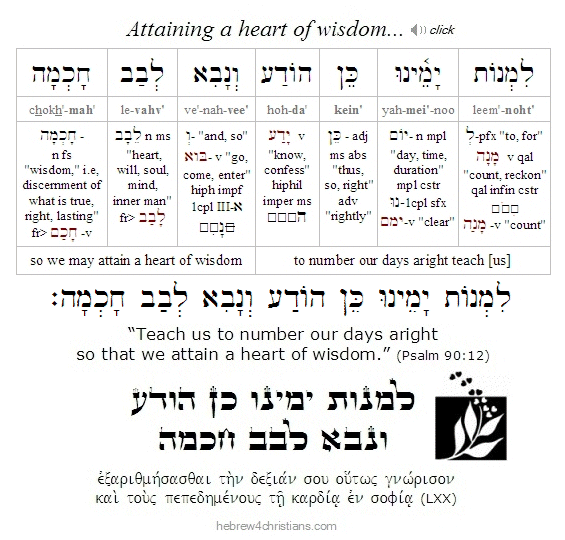|
From our Torah portion this week we read: "Now Nadab and Abihu, the sons of Aaron, each took his censer and put fire in it and laid incense on it and offered strange fire (אֵשׁ זָרָה) before the LORD, that He had not commanded them" (Lev. 10:1). The sages note that while Aaron's sons Nadab and Abihu were godly people, they did not understand the phrase, "that He had not commanded them" (אֲשֶׁר לא צִוָּה אתָם), because they had assumed that since God did not explicitly tell them not to do something (i.e., not to burn incense in the Holy Place), then it was permissible to go ahead and do that thing. However, just because God does not say that we should not to do something does not mean that we are therefore at liberty to do it. All we can infer from silence is silence, not that the silence somehow communicates agreement with our desires.... Remember that it is not what God has not said that should be our concern, but rather what he has said (Deut. 29:29).
"A great many people think they are thinking when they are merely rearranging their prejudices." - William James
This sort of presumption is common today, where many make a pretense of ignorance, suppressing what they don't want to hear to justify their own religious perspectives and ideologies... It takes a genuine humility to confess that we often don't know why we are doing what we are doing, and then to back up and ask for God's help and direction.
Hebrew Lesson
Psalm 90:12 reading (click for audio):
<< Return
|



